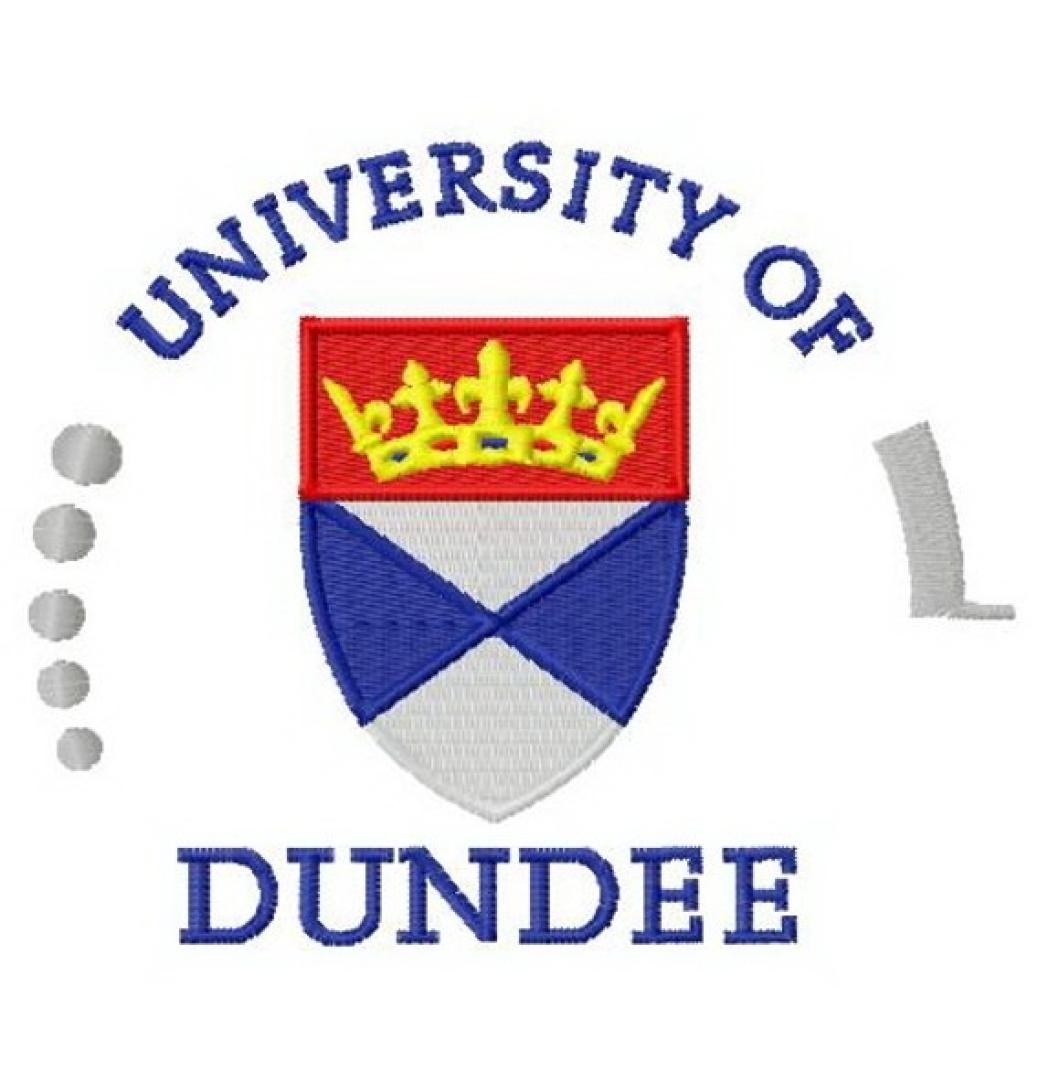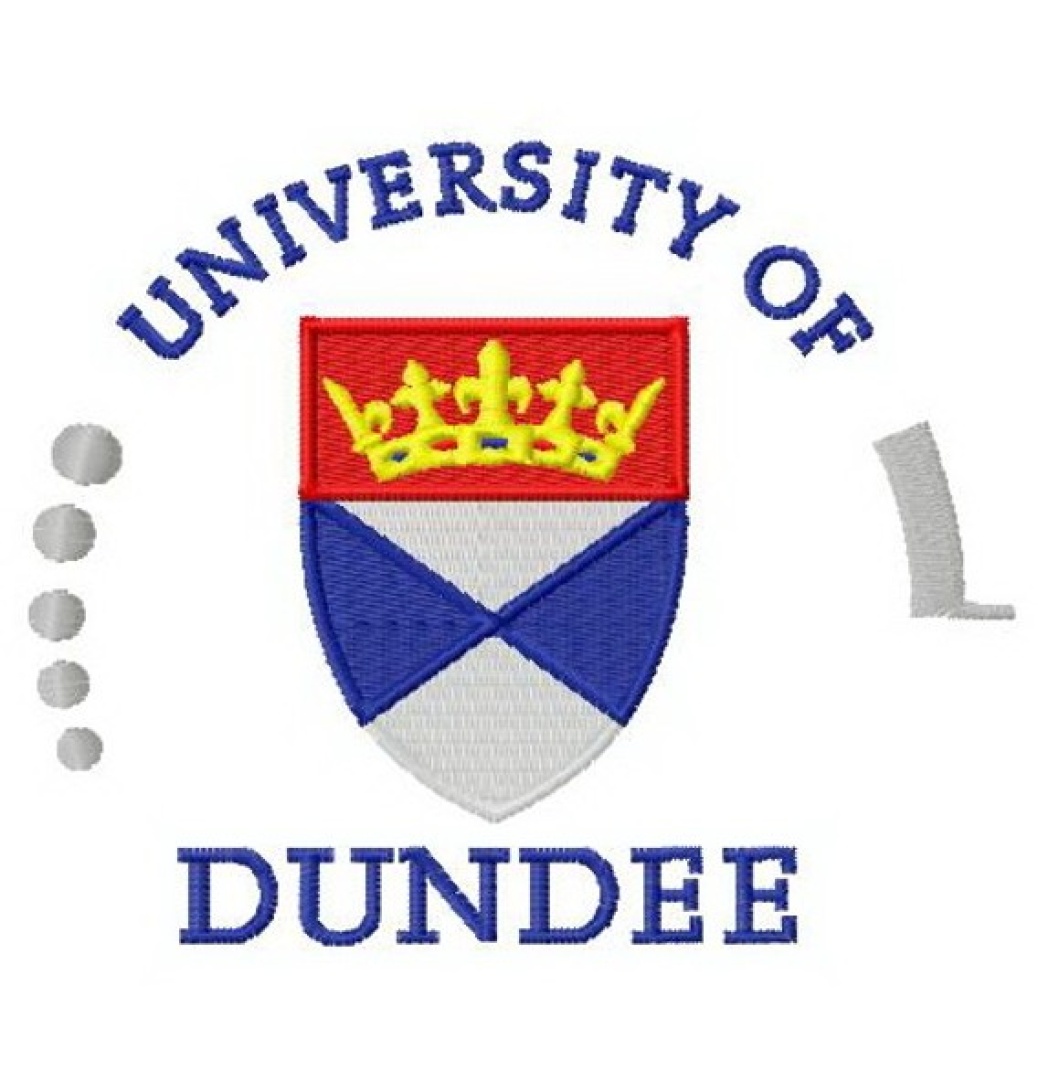About the Courses
Neuroscience is the study of the nervous system and the human brain. This includes how the nervous system functions, both in healthy and diseased scenarios. The study of neuroscience looks to develop more effective treatment of illnesses.
Our undergraduate neuroscience degree explores behavioural neuroscience, including neuro-degenerative disease.
It looks at the pharmacology of neuroscience, including anaesthesia and analgesia. These are the drugs that control consciousness and perception of pain.
It’ll give you an understanding of how biomedical innovations are explored. You will see how they are developed from initial concept to their application.
You will learn key theories - from molecular level to full body systems - to understand the field as a whole.
You will have the flexibility to pick modules that appeal to you.
Neuroscience is the study of the nervous system and the human brain. This includes how the nervous system functions, both in healthy and diseased scenarios. The study of neuroscience looks to develop more effective treatment of illnesses.
Our undergraduate neuroscience degree explores behavioural neuroscience, including neuro-degenerative disease.
It looks at the pharmacology of neuroscience, including anaesthesia and analgesia. These are the drugs that control consciousness and perception of pain.
It’ll give you an understanding of how biomedical innovations are explored. You will see how they are developed from initial concept to their application.
You will learn key theories - from molecular level to full body systems - to understand the field as a whole.
You will have the flexibility to pick modules that appeal to you. This will let you highlight to future employers where your interests lie.
Our course curriculum is shaped by the work of our world-leading researchers. This ensures that you’re learning the latest advances, as well as gaining an understanding of the fundamentals of the field.
This course also allows you to spend a year working in industry, for example, in a commercial laboratory. This allows you to gain real-world skills and improve your CV. It also presents you with the opportunity to network and build relationships. These are all things that could have a positive impact on your career upon graduating from university.
Your first two years will cover topics such as:
genetics
cell biology
biological organisation
molecular mechanisms and processes
You’ll develop practical skills, including laboratory skills, data analysis, and how to design and run experiments. This will prepare you for carrying out projects later in your course.
In years three and four you’ll study topics such as biomembranes, physiology and translational psychiatry, and complete a semester long research project based around one chosen area of the current world-class research in Life Sciences.
The year in industry will occur between levels 3 and 4. We will support you to find a suitable placement, however if a placement is not found, you will have the opportunity to transfer to the standard four year course.
Modules
Level 1
Core Modules
These modules are an essential part of your course.
Numeracy, Chemistry and Physics for the Biological and Biomedical Sciences (BS11005)
Core Skills in the Life Sciences 1A (BS11008)
The Building Blocks of Life (BS11009)
Science and Society (BS12005)
Core Skills 1B (BS12010)
Building the Organism (BS12011)
Optional Modules
You need to choose one or more of these modules as part of your course.
The Poison Pen (BS11006)
Introduction to Scientific Enterprise (BS12008)
Fundamentals of Organic Chemistry (BS12009)
Level 2
Core Modules
These modules are an essential part of your course.
Statistics and Experimental Design (BS21001)
Cellular Communication (BS21002)
Core Skills 2A (BS21012)
Human Physiology and Pharmacology (BS22001)
Biomolecular Mechanisms (BS22002)
Core Skills in the Life Sciences 2B (BS22003)
Optional Modules
You need to choose one or more of these modules as part of your course.
Organic Chemistry for the Life Sciences (BS21008)
Data Analysis for the Life Sciences (BS21009)
Introductory Programming for Life Sciences (BS21010)
Developing Scientific Enterprise (BS21011)
Introductory Anatomy (CA21007)
Level 3
Core Modules
These modules are an essential part of your course.
Biomembranes (BS31013)
Practical Techniques in Biomedical Sciences (BS31016)
Regulatory Physiology & Pharmacology (BS31019)
Behavioural Neuroscience and Pharmacology (BS32024)
Sensory and Motor Neuroscience (BS32026)
Optional Modules
You need to choose one or more of these modules as part of your course.
Biochemistry & Cell Biology (BS31004)
Gene Regulation & Expression (BS31006)
Experimental Cell Culture (BS31020)
Molecular Microbiology (BS32004)
Developmental Biology (BS32005)
Cell Signalling (BS32006)
Immunology (BS32009)
Human Epithelial Biology (BS32020)
Quantitative Pharmacology (BS32021)
Molecular Pharmacology (BS32028)
Cell Proliferation and Survival Mechanisms underlying Disease (BS32029)
Data and Statistical Analysis (BS32030)
Bioinformatics Research Skills 1 (BS32031)
Science Communication (BS32032)
Level 4
Core Modules
These modules are an essential part of your course.
Research Skills: Biomedical Sciences (BS41006)
Research Project: Biomedical Sciences (BS41007)
Translational Psychiatry & Neurology (BS42017)
Applied Neuroanatomy & Neurodegenerative Disorders (BS42023)
The Conscious Brain: The Physiology & Pharmacology of Pain & Anaesthesia (BS42025)
Optional Modules
You need to choose one or more of these modules as part of your course.
Advanced Bioinformatics (BS42003)
Advanced Immunology (BS42006)
Cancer Biology (BS42007)
Stem Cells in Development and Disease (BS42008)
Advanced Molecular Microbiology (BS42009)
Parasitology (BS42012)
Advanced Cell Signalling (BS42013)
Nutrients & Metabolic Disease (BS42014)
Mapping Memories in the Brain (BS42018)
Cardiovascular Pharmacology (BS42019)
Heart & Circulation (BS42021)
Cancer Pharmacology and Treatment (BS42027)
Pharmacology of Treatment of Metabolic Disease (BS42028)


